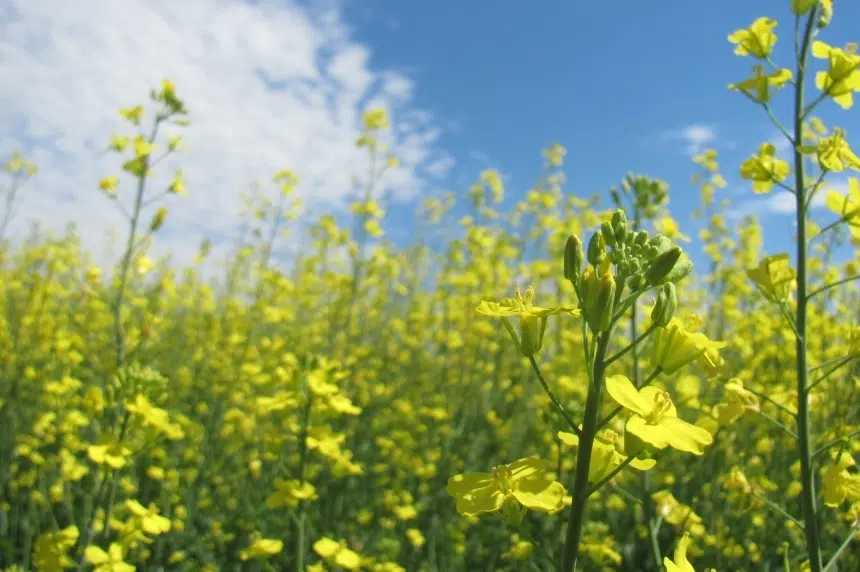The CEO of Saskatchewan’s Trade and Export Partnership (STEP) feels it’s too early to speculate on what China might do when it comes to imposing sanctions on Saskatchewan’s exports.
However China’s history of economic retaliation, Chris Dekker says exporters are feeling concerned.
“It’s important to note that China is Saskatchewan’s second-largest export market behind the U.S.,” Dekker said.
“We shipped a record $5.1 billion worth of goods to China in 2022, and that’s up 23 per cent from 2021, so it’s a big and important market to us. But at this point in time it’s too early for us to speculate what if any additional measures might be taken by China.”
The concern comes just days after the House of Commons declared Chinese diplomat Zhao Wei “persona non grata” following allegations of Chinese attempts to intimidate a Canadian Conservative MP by targeting his family members in Hong Kong.
While he thinks it’s too early to speculate, Dekker said he knows China isn’t shy about sanctioning goods during political disputes.
In 2019, the Chinese slapped a partial ban on Canadian canola shipments costing growers over $1-billion in lost trade according to the Canola Council of Canada.
“China has been well-known to weaponize trade in the past, and it’s not just Canada. Back in 2010, when the Nobel Peace Prize was awarded to human rights activist Liu Xiaobo while he was in a Chinese prison, China cut off salmon imports from Norway,” Dekker explained.
“As a result of the two Michaels issue, they pulled the two export permits for two of our major canola seed exporters into those major markets. There’s certainly some issues there.”
China held Canadians Michael Spavor and Michael Kovrig for nearly three years following the arrest in Canada of Huawei chief financial officer Meng Wanzhou.
While there could be sanctions this time, Dekker said he feels Saskatchewan provides items to China that the country really need and doesn’t think China would hurt itself too badly with sanctions.
“It’s important to note that Saskatchewan business interests in China are different than the consumer-facing Canadian brands like Lululemon or Tim Hortons. We really have what a growing Chinese economy needs,” he stated. “That includes our major exports to China, which includes potash, canola seeds, barley and wheat.
“Exporters are certainly concerned, and while the recent international incidents with China are of concern, it’s very much too early to speculate.”







